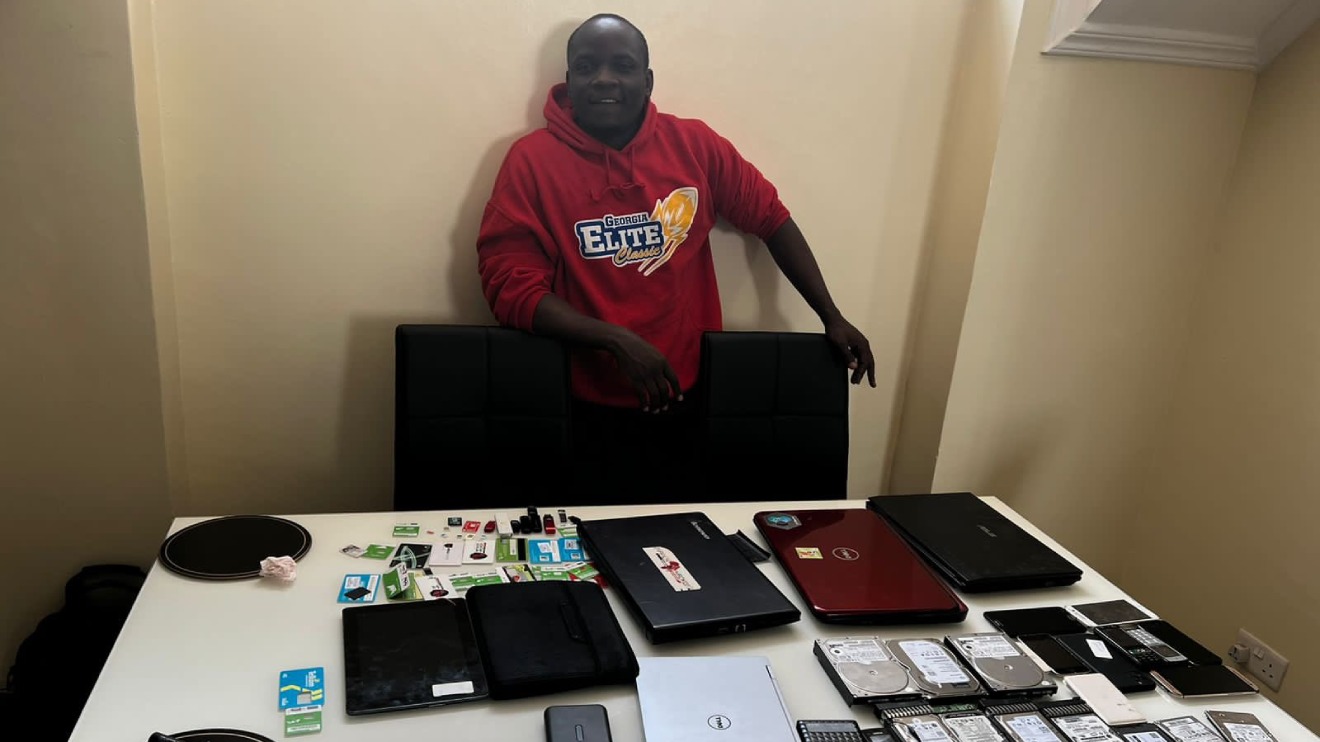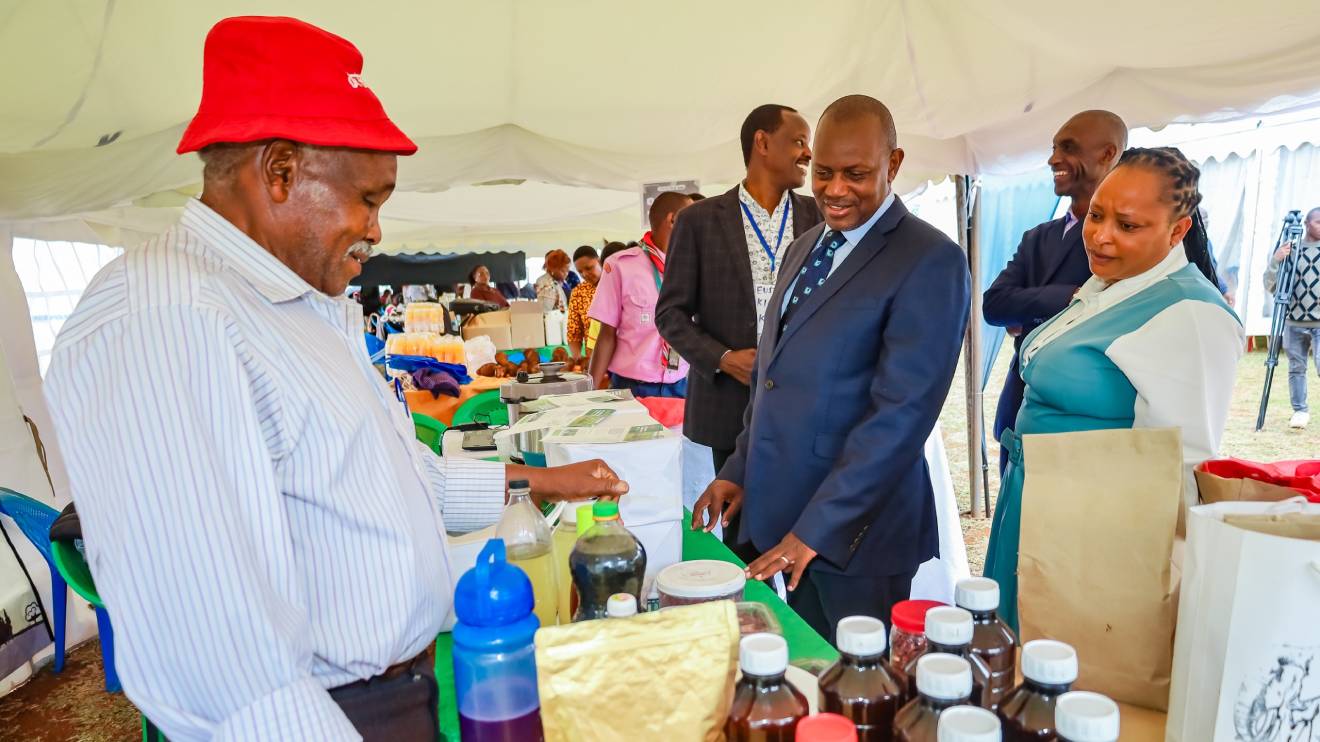Detectives have made significant breakthroughs in a high-level motor vehicle registration fraud investigation, apprehending 11 suspects in connection with the fraudulent activities plaguing the National Transport and Safety Authority (NTSA).
According to the Directorate of Criminal Investigations (DCI), this complex operation involved an illicit scheme to manipulate the NTSA Transport Integrated Management System (TIMS) by rogue officials and outsiders.
The investigation, led by Cybercrime sleuths based at the National Forensic Laboratory, has unveiled a web of criminal activity centred around the main suspect, Jimmy Kibet Wayans, who operated from a residence in Lavington.

Read More
Wayans illegally infiltrated the TIMS system, introducing vehicles fraudulently.
Shockingly, in just two months, 47 vehicles had their chassis altered, and 54 were fraudulently added to the system, laying bare the extent of this audacious fraud.
Moreover, Wayans, who is not an NTSA employee, managed several fictitious user accounts within the NTSA system, further complicating the probe.
Detectives are also scrutinizing the reactivation of a deactivated account belonging to a former ICT officer at NTSA, months after the officer's resignation in July 2022.
This raises questions about the extent of insider involvement in the fraud.
In a significant development, three NTSA employees, Anthony Waithaka, David Migwi, and David Kimaren, were also taken into custody.
The elaborate criminal enterprise extended its reach to officials from the Kenya Revenue Authority (KRA), with one KRA suspect, Boniface Njoroge, already apprehended.
Also arrested were Denis Wafula, Anthony Kariuki and Marvin Renisi. Others are Julius Kiprop, Amos Muthaki and Caleb Odiambo.
Detectives are relentlessly working to bring all suspects involved in this high-level fraud to justice, as the government seeks to recover much-needed revenue.
This investigation comes in the wake of a damning exposé by #FichuakwaDCI, which revealed the collusion between corrupt officials at the motor vehicle registration body and unscrupulous personnel working in microfinance institutions and on the streets.
This alliance resulted in the illicit registration of a single motor vehicle number and logbook to multiple vehicles, with the fraudulent logbooks used to secure loans from banks and microfinances.

Innocent vehicle owners found themselves subjected to the actions of ruthless auctioneers, who seized and sold their vehicles for loans they had never taken.
Further revelations exposed a cyber cafe in Ngara, along Desai Road, where 450 genuine motor vehicle logbooks were discovered.
Inside sources at NTSA facilitated rapid logbook processing for select individuals while ordinary citizens waited for months.
Additionally, the syndicate illicitly generated and commissioned affidavits, which were then sent to NTSA contacts for unauthorized motor vehicle transfers.
These transfers occurred within minutes, highlighting the alarming risk of vehicle ownership changes without the owner's knowledge.
These revelations have raised concerns about the integrity of the National Transport and Safety Authority, prompting an ongoing investigation sanctioned by DCI Director Mohamed Amin.
Recently, the Roads and Transport Cabinet Secretary visited NTSA headquarters, pledging to restore integrity to the agency.
Meanwhile, the public is cautioned to exercise caution when dealing with brokers promising expedited processing of motor vehicle logbooks, reflective plates, and driving licenses.
Instead, they are urged to utilize the TIM portal for official transactions, as efforts to curb corruption and fraud within NTSA continue.







-1751561078.jpg)


-1727286472.jpg)
-1751495006.jpg)